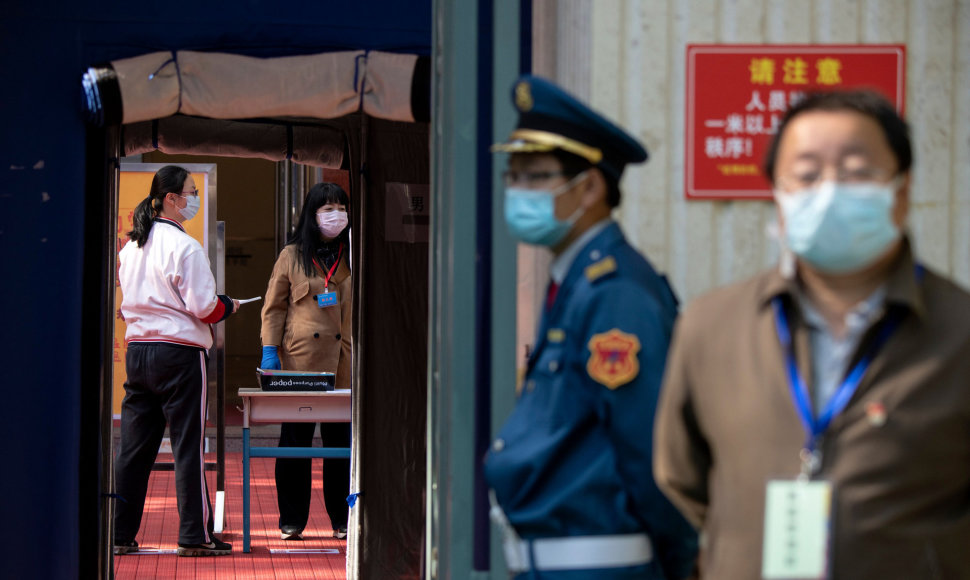In February, while we in the Baltics were living our normal life, travelling and enjoying ski trips to the Alps, China had already been in the crisis for a while and slowly started to re-open offices, restaurants and services. Wuhan airport was opened in April, schools were opened in May, and the economic figures have been showing that the Chinese economy is returning to its normal state. The world is watching China’s economic performance closely. It is a couple of months ahead of the rest of the world in coping with the virus and then trying to reopen businesses. Its successes or stumbles could offer lessons to others. Is the life in China slowly becoming the way it was or is this just an illusion? To answer this question, Jens Ewert, a Senior Partner in Deloitte China gives us an overview of China’s path of recovery.
At this stage, similar to the Baltics, while some sectors are still declining, some are recovering fast. Unsurprisingly, retail and in particular luxury shopping was severely impacted by the closure of the stores and the additional compulsory vacation week, since mid-March, limited traffic in-store has re-emerged but the sales are going up. These days it is estimated that in China just 60% of hotels have been re-opened, thus the remaining are closed and will require quite some time to get back full speed. Grocery shops, on the other hand, had their best-ever monthly sales for February 2020 because fresh and quality was sought after. While the beauty sector has experienced a decline in consumer buying, skincare products have actually increased because people have been spending a lot of time indoors and using hand sanitizers which requires a lot of moisturizing. Most places in China other than Wuhan city and Hubei province were not under a “hard lockdown” but the people were recommended to stay home, thus online deliveries skyrocketed and many restaurants transformed themselves having delivery menus.
Right now nearly 94 per cent of businesses across Wuhan have resumed operations. For major industrial enterprises, the rate exceeded 97 per cent and for service companies, it was 93 per cent. However, it is unclear how much business they are actually doing – at industrial companies in Wuhan, only 60 per cent of employees are on the job, and electricity consumption is one-fifth less than what it was this time last year. The virus outbreak happened just before the Chinese New Year, during which over 100 million people are usually travelling inside and outside China. Having them to return to their work and the usual residential location is still a major challenge for the business and economic resumption.
Despite signs of progress, it is uncertain, what the future holds, for example, it is believed that the trade between the United States and China will get worse. The virus has weighed heavily on both countries, plunging their economies into the deepest contractions for decades and destroying tens of millions of jobs. The last thing the world needs right now is a trade war between two of the world’s biggest economies.
The outbreak of the coronavirus and the lockdown have created a new reality, in which monitoring, recording and reporting of the movements of individuals will become essential, especially while there has not been a vaccine created and therefore the second wave is highly possible.
Extrapolating outlooks for developed economies from China’s experience is unlikely to reveal a true picture, however. The economic structures are simply too different, and the pace of recovery will thus differ significantly. Assuming the significant second wave of infection will not hit China, their economy could return to normal by the end of the year, but it may take three or four additional quarters before developed economies return to normal, likely towards the end of 2021.
There are still a lot of questions remaining – can China emerge as the winner with its rigid hierarchical top-down system? The financial support at this stage tries to be focused on smaller economic actors but will they actually survive? What will happen with the supply chains – Global decoupling or just rearranging in smaller clusters? And the most important question, which we can get an answer to after we have seen the other countries recovering – which “system” can re-build trust faster after COVID-19?












